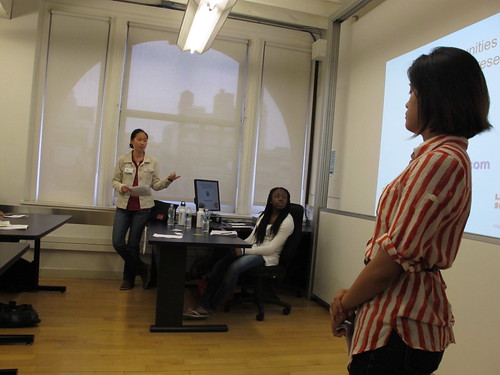The school is where a child spends most of his day, perhaps getting his first lessons on the alphabet, learning the intricacies of the human anatomy, or mastering the complicated processes of trigonometry. With all the hours a student invests in school, the school can be considered a kid’s second home and a teacher his second mother.
Imagine a kid whose parents are divorcing and is finding it difficult to concentrate in class. Say, for example, he has no other people he can talk to and desperately needs someone to sort his feelings out with. Or say for instance, a troubled teenager who is being constantly bullied by the student population. Who would they turn to? The obvious choice would be a teacher, right? Another perfect person to help with those issues, and is sometimes overlooked, is the school counselor.
What is a School Counselor?
A school counselor, also known as a guidance counselor, provides academic, career, college, personal, and social guidance and advice to students of all year levels.
What Does a School Counselor Do?
The school counselor is involved in many roles. One might even say that a school counselor is also involved in social work. At a given school level, a school counselor might be able to assist a student with social issues like dealing with bullying or with problems at home. She may also be able to assist students in finding a tutor, in setting academic goals, and in providing aid to students preparing for community college, university or careers. A school counselor may also help in mediating student/teacher conflicts, and counsel students undergoing a difficult home or school situation.
What Do I Do if I Need a School Counselor?
A school counselor might visit the classroom or talk at a school assembly to let everyone know that he or she is available. Other institutions use technology to provide information on what the counselor does, and the ways on how to get a counseling appointment. The school’s website might be one such channel. Even if you do not need the services of one right at this moment, it is always a good idea to know about the school counselor.
If you do not have access on information on how to contact the counselor, ask a teacher, your parents, or any one of the people who work in the school office. It is possible that your school might have more than one counselor, so you might be assigned to a specific one. If your school’s only counselor is not available, try your school’s social worker. He or she might be able to lend you a listening ear when you need one.
What Will the Appointment Be Like?
Private meetings are the most common setting to meet with a school counselor. The counselor usually has an office where you can sit down and talk. The meeting could just be between you and the counselor, or there might be other people present, such as your parent or your teacher.
There is no need to be anxious about needing to know exactly what is bothering you. You can simply talk with the school counselor. He or she can help you figure it out and will suggest solutions to improve things. This does not mean that your counselor will wave a magic hand and solve all of your problems. Sometimes, the solution will involve having to seek help from other people, such as tutors, learning specialists or therapists.
You do not have to worry about confidentiality, either. The school counselor will only divulge the things you have shared to the necessary people, if there is a need to.
A school counselor is a valuable addition to the institution’s staff. Students sometimes need a person outside of their home whom they can share their problems with, and few are as fitting as a qualified school counselor.
About The Author:
Trent has had over 5 years of experience in the social services profession and now owns Social Worker Data, a site dedicated to those who are trying to find jobs as social workers and similar occupations.


